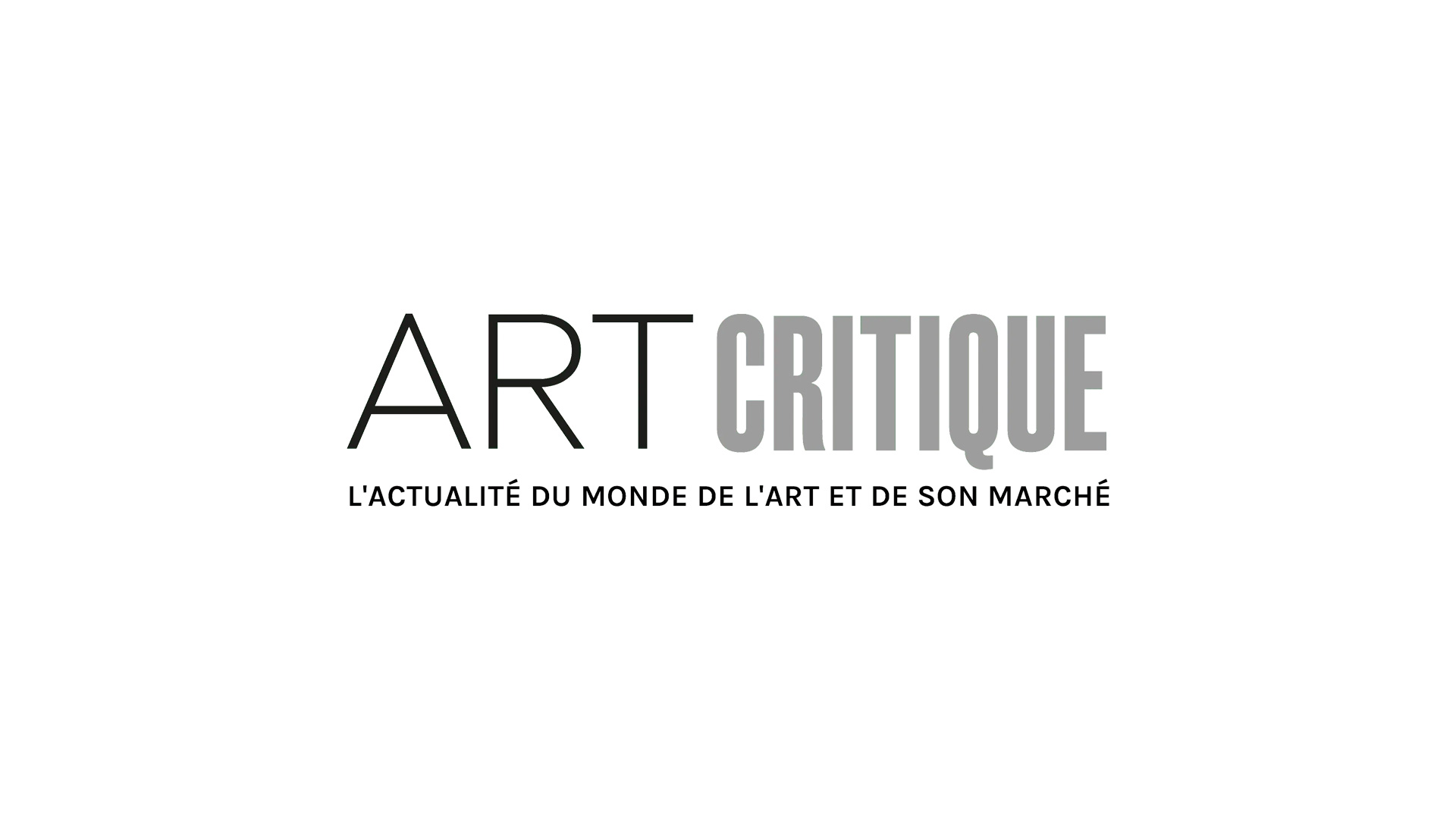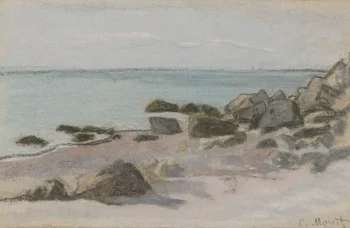Since German reunification in 1990, Berlin has provided artists the world over with a relatively inexpensive base and a vibrant, hip, and intellectual atmosphere to undertake their work. It ranks just second after New York among the most important centres for world art production. Ai Weiwei, Alicja Kwade, and Olafur Eliasson all have their primary studios in Berlin.
The Art Newspaper reported recently that Berlin is ‘poor but sexy’ no more as a result of its booming real estate market.
As a result of the city’s reputation and its attractiveness to artists, cheap rent in perpetuity would have been too good to be true. The German capital appears to have begun a process that leads in the direction of other expensive art cities like New York, London, and Paris – which ultimately ends with sky-high rents and an untenable cost of living.
In 2017 alone, Berlin had the fastest growing real estate prices in the world, shooting up 20.5%, having displaced cities like Hong Kong and Vancouver that have experienced uncontrollable rises in property prices of late.
That’s terrible news for artists. According to the Institute for Strategy Development in Berlin, a survey found that only one in ten artists based in the city earn enough to live on their artistic work, and a fifth of artists are now paying over 50% more for their studios than they paid just 8 years ago in 2010.
Katrina Plavcak’s experience testifies to this development. An Austrian painter, she moved to Berlin in 2002 and quickly found a home and a studio in an artists’ ccommunity-based in an old post office. However, in 2016, the property was purchased by an investor and transformed into a start-up centre. She was consequently evicted.
Despite the seeming inevitability of these property trends, Berliners are trying to fight back against gentrification to the best of their ability. The Local reported earlier this month that the spirit of the 90s lives on. That may be extremely difficult for artists to accept, as rising costs will simply be too much for some artists, and they will be forced to leave.
Michael Müller, Berlin’s current mayor, is contemplating a ban on property purchases for foreigners in order to promote affordable living. A similar ban was imposed recently in Vancouver, where the city seems to have stemmed a meteoric rise in real estate costs to some small degree.
As rents continue to rise, artists may be forced out of the centre and into the suburbs, or dispersed amongst some of Europe’s less expensive growing art scenes.





